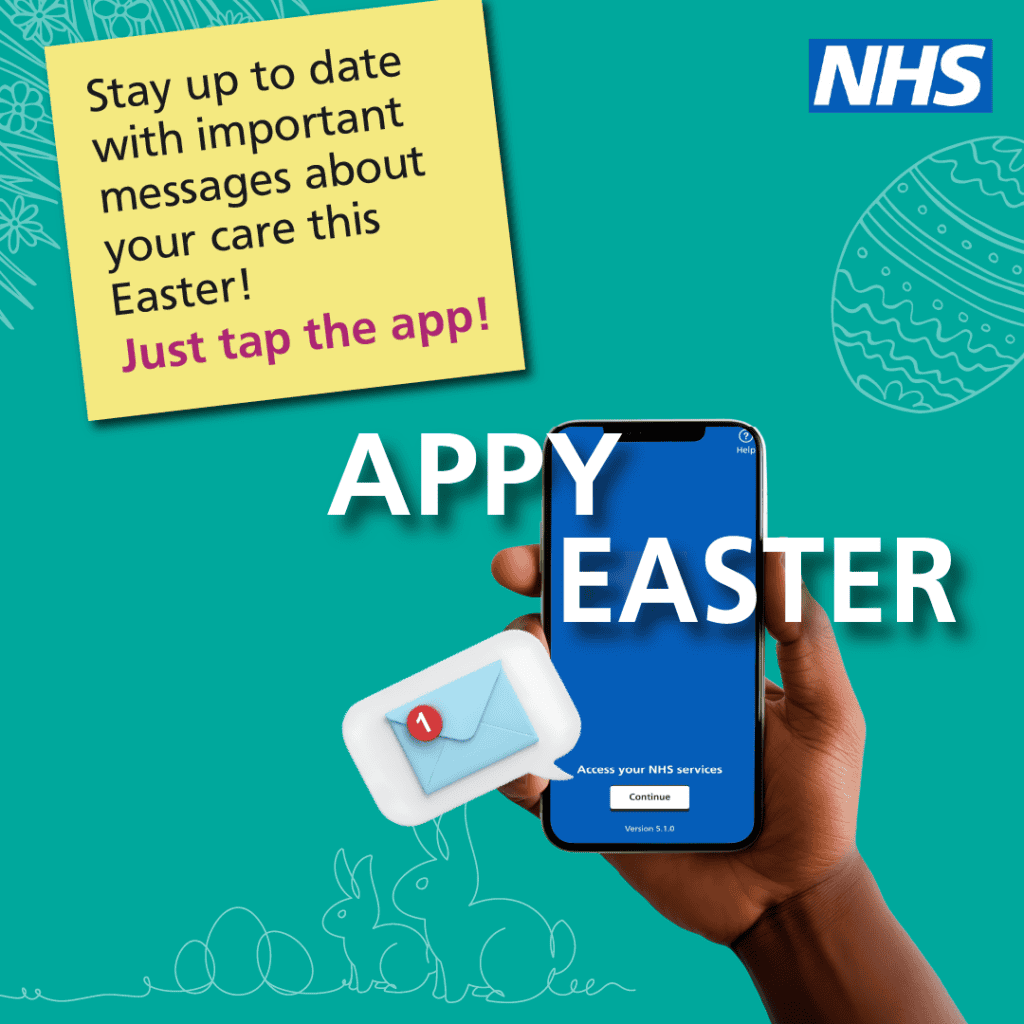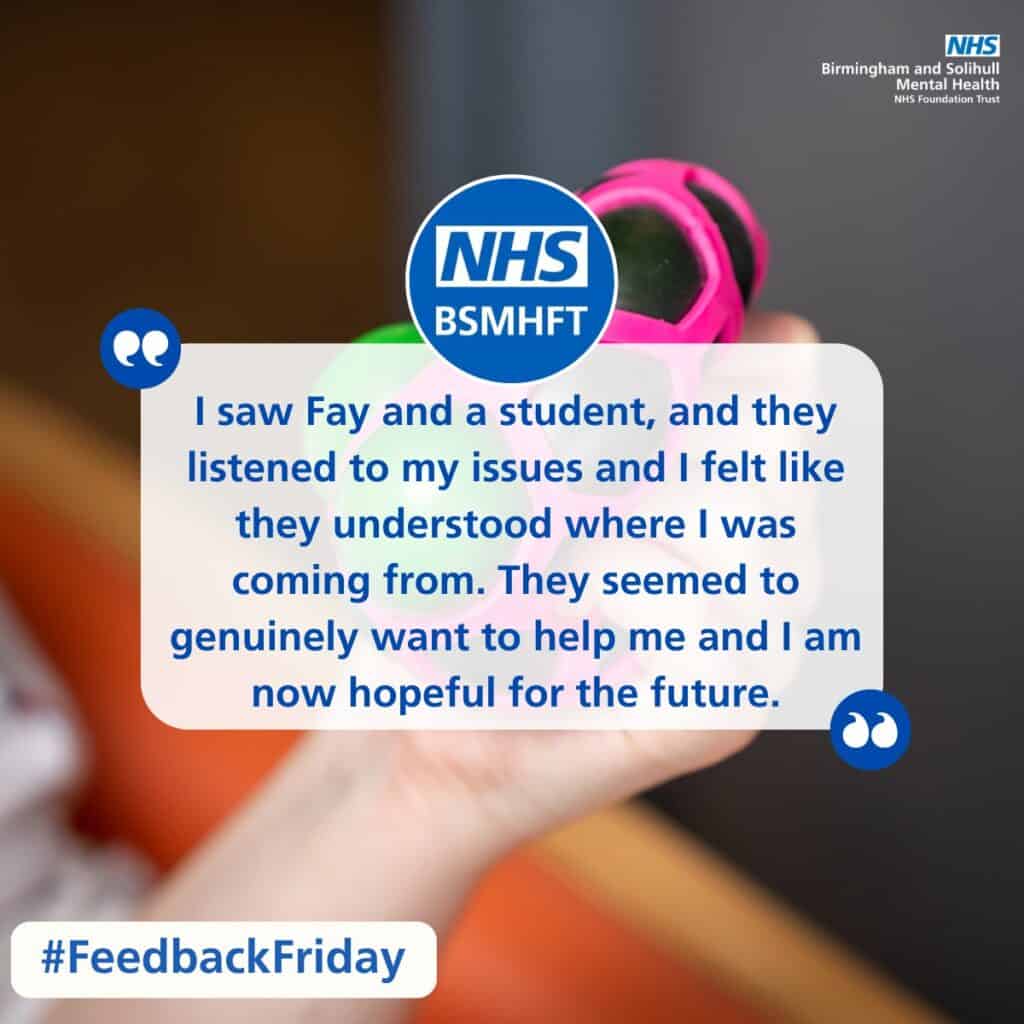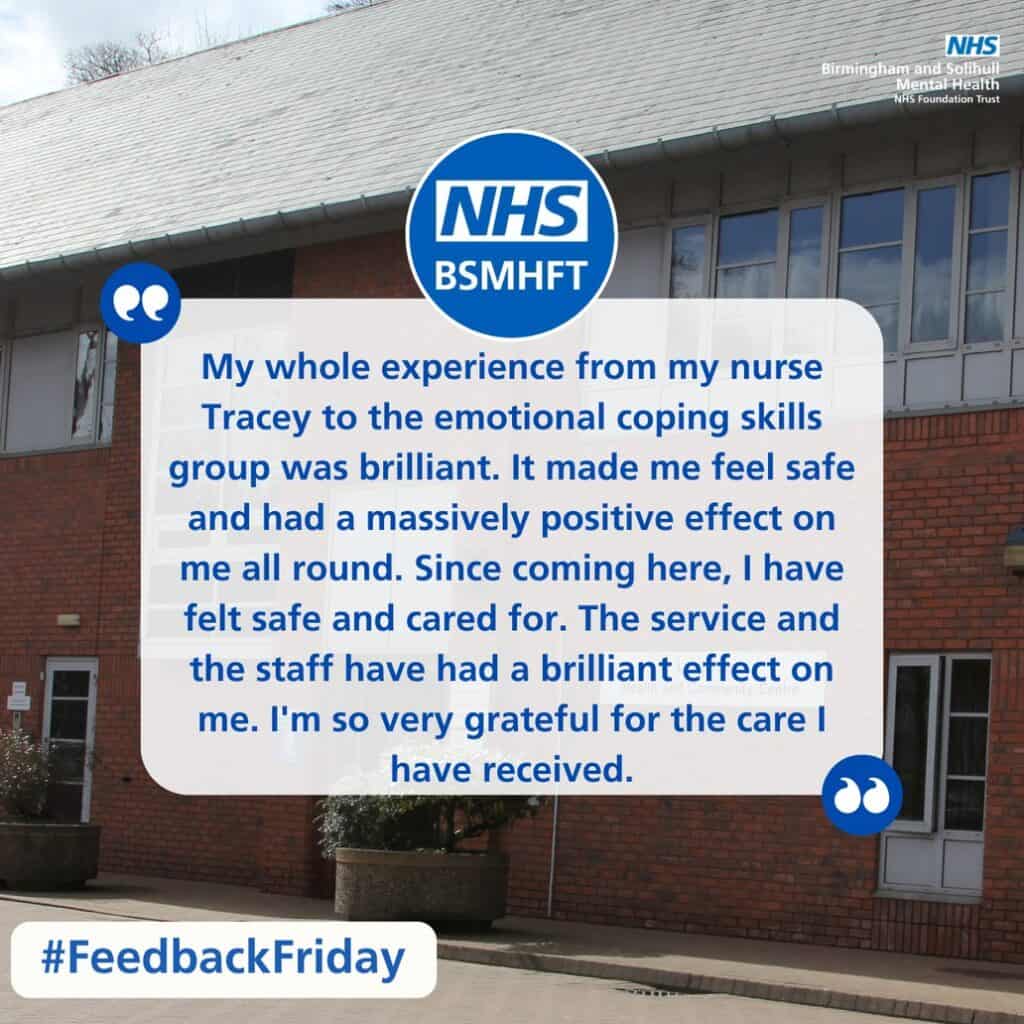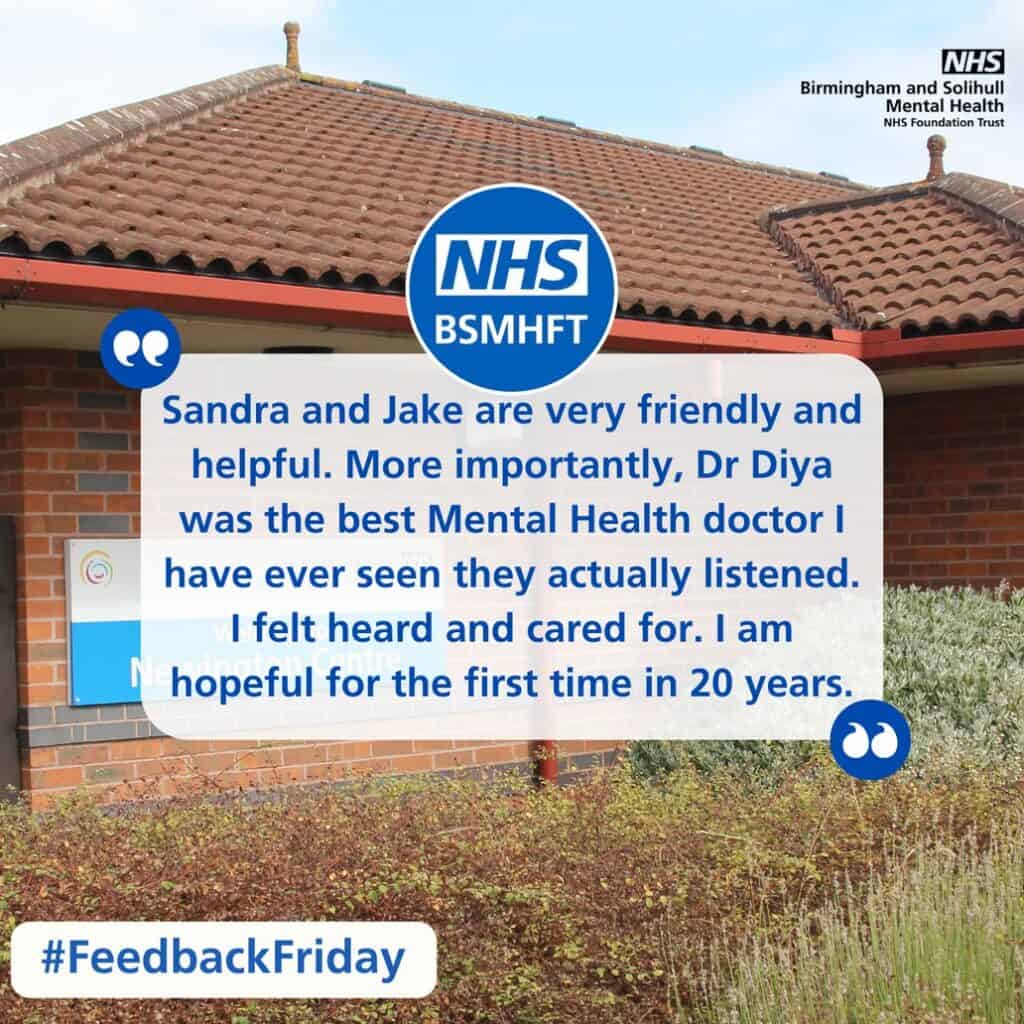Easter is a time of year where chocolate eggs appear and people celebrate the end of Lent which is a Christian 40 day period of fasting. Lent allows Christians to remember Jesus’s fasting in the desert. It is a time of giving things up and a test of self-discipline.
There are many foods that some Christians do not eat in Lent, such as meat and fish, eggs, and milky foods. Some Christians just give up something they really enjoy, such as cakes or chocolate.
The end of Lent is typically celebrated with having a big meal with family and friends which can be an intense thought for those who suffer with eating disorders. In general, this is an anxiety inducing time for those who suffer with eating disorders as observing the fasts during Lent can enable eating disorder behaviours and the focus on food during this period can serve as a trigger for those suffering with disordered eating.
It is natural to feel anxious about the feelings Easter may bring and what this will mean for you and your eating disorder. This is why it is important to be compassionate towards yourself and do things that will help you feel prepared as well as doing things that will support you during this period.
Tips for coping with disordered eating during Easter
- Plan ahead – The expectations of upcoming family meals can be stressful so it is important to be aware of who is coming, what food will be served or the environment it will be held in so you and your loved ones can make supportive provisions for you in order to make things easier
- Remove the focus from food – Plan and engage in fun activities such as reading, Easter-themed games, arts and crafts, etc
- Reward yourself – If you achieve positive goals you have set, do something nice for yourself to acknowledge your achievement which can serve as a motivation for you to continue further
- Reach out for support – Don’t hesitate to talk to family or friends about how you are feeling as sharing your emotions can help you. There are also many helplines available if you need support:
- Beat – www.beateatingdisorders.org.uk or call 0808 801 0677
- Talk ED – www.talk-ed.org.uk
- Overeaters Anonymous – www.oagb.org.uk
Published: 22 March 2024










